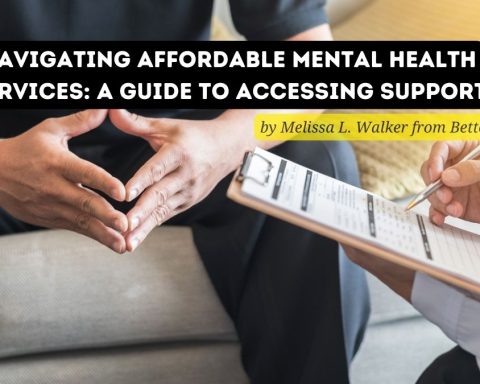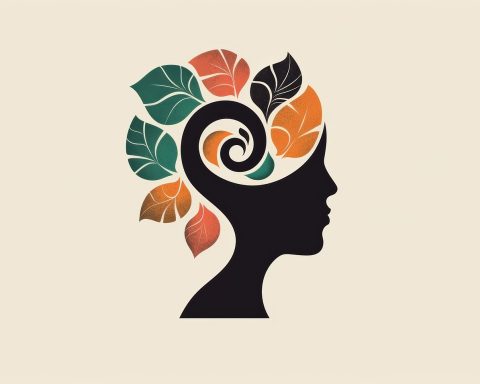The coronavirus pandemic and the resulting economic decline have negatively affected numerous people’s mental health while creating new barriers for people who are already dealing with mental illness. As the COVID-19 pandemic wears on, the mental health burden will likely continue to grow as most of the measures being used to contain the virus lead to greater isolation and increased potential of financial distress.
Though necessary to avoid loss of life often caused by COVID-19, the public health measures advocated to slow down the spread of the pandemic are exposing many people to situations generally linked to poor mental health outcomes. Additionally, feelings of anxiety are increasing, as a lot of people are fearful of loved ones or themselves falling ill. Since the repercussions of the virus are still unclear, most people are worried about the future.
Mental Health Issues Resulting from Social Isolation
Local and state governments are encouraging the closure of schools, non-essential businesses, requiring quarantine for travelers, prohibiting large gatherings, and promoting social distancing. Numerous countries have already enforced mandatory stay-at-home orders for non-essential workers.
Loneliness and social isolation are primarily linked to adverse mental health effects. The effects, however, vary depending on the age group:
Older Adults
Compared to people of other ages, older adults are more like to develop serious illnesses if they catch the coronavirus. Due to their high vulnerability, they need to practice social distancing.
These safety measures can easily limit their interaction with loved ones and caregivers, which can lead to increased feelings of anxiety and loneliness, in addition to the general sense of fear and uncertainty due to the COVID-19 pandemic. It can significantly impact both their physical and mental health.
Children and Adolescents
Almost every country in the world has closed schools affecting families, beyond the disruption in the children’s education.
Students depending on the school services such as social, physical, and mental health services, are going to be primarily impacted. Mental health issues may increase significantly among students since they will have minimal opportunities to engage with peers. The COVID-19 pandemic may exacerbate existing mental illness among adolescents.
With childcare centers being closed, most parents are experiencing disruptions to their daily routines. This is taking a toll on the parent’s mental health as they now have to juggle their daily routines by taking care of their kids. Also, the parents are worried about the kids catching the coronavirus.
For older adults, adolescents, and parents, therapy can be a great way of keeping mental health issues at bay. Since visiting a therapist – with the social distancing orders – may be impossible, taking advantage of telephone therapy may be a good idea. This good read takes a more in-depth look at how everyone can enjoy an excellent telephone counseling session.
Mental Health Risks Due to Income Insecurity and Job Loss
COVID-19 has caused the loss of jobs in almost every industry. A number of industries have been hit harder than others, a good example being the hospitality and leisure sector. It is predicted that the rate of unemployment will continue to rise globally in the wake of the pandemic as numerous countries are approaching recession.
Job loss is associated with low self-esteem, distress, anxiety, and depression. People who have lost their jobs due to the coronavirus have already reported negative impacts on their mental health. People with low incomes are also likely to experience negative mental health impacts from worrying about the future.
Strain and Burnout Among Health Workers
Numerous hospitals are currently overwhelmed with a growing number of patients featuring COVID-19 symptoms. The situation has increased the demand for frontline health care workers. Some of these healthcare workers are already overwhelmed by the shortage of supplies.
Research shows that burnout is high for hospitals featuring a low nurse-to-patient density. Physicians are also prone to strain and burnout and can consequently suffer from mental health problems, including depression.
COVID-19, now a global problem, has affected everyone’s mental health. Social distancing as a way of controlling the spread of the virus has increased loneliness, which is associated with depression, anxiety, and other mental health issues. Financial uncertainties and loss of jobs are driving a large number of people to depression. Burnout and strain are putting health workers at the risk of developing severe mental health complications. To stay safe and healthy, everyone has to do everything in their power to boost their mental health while protecting their physical health.








